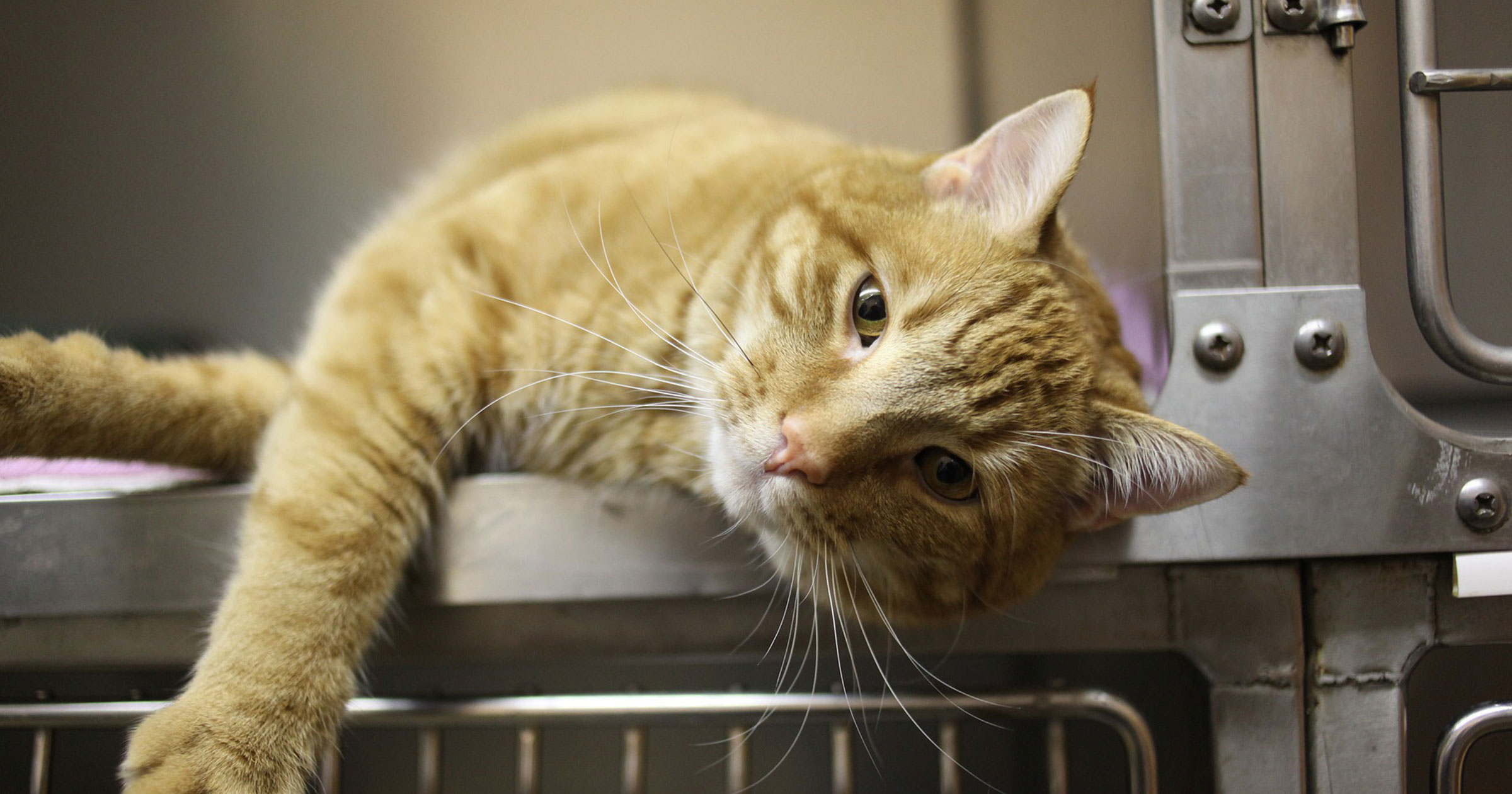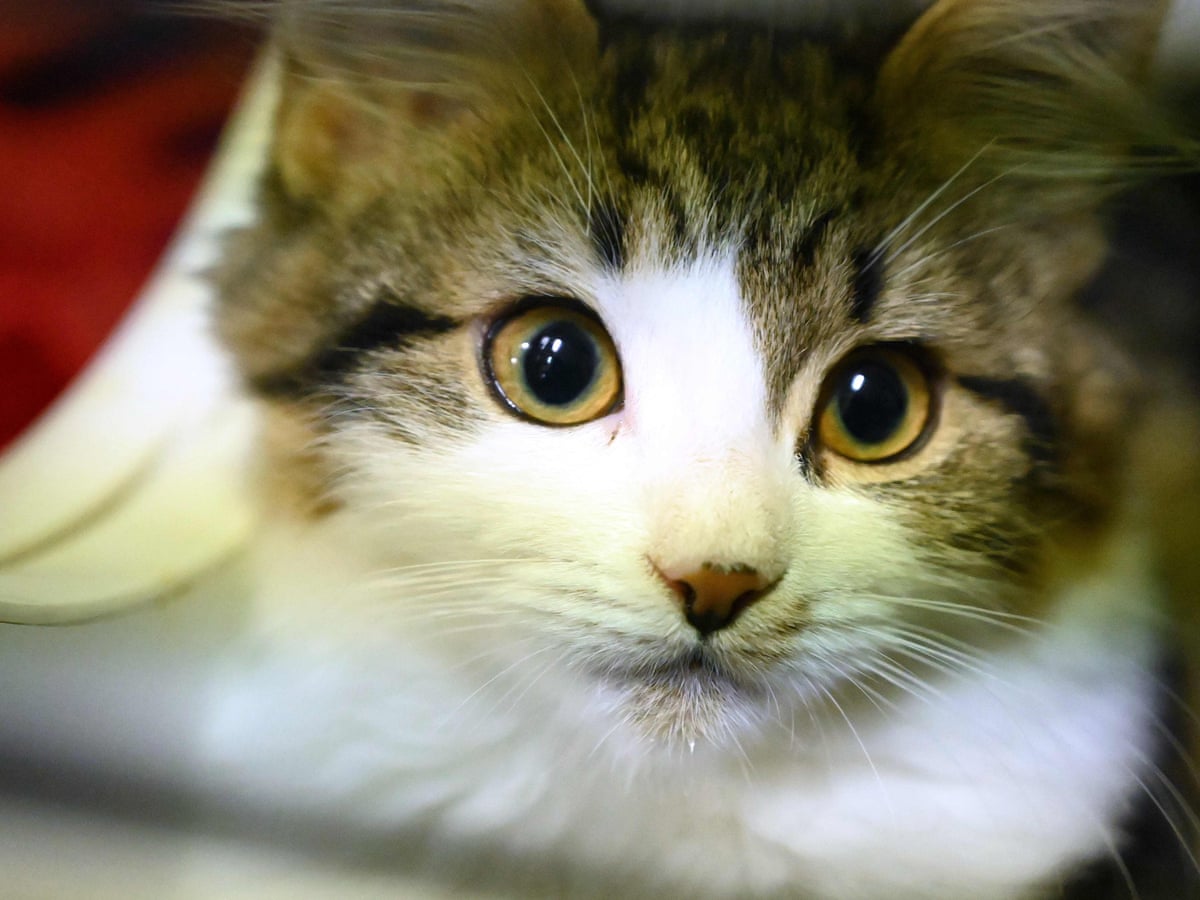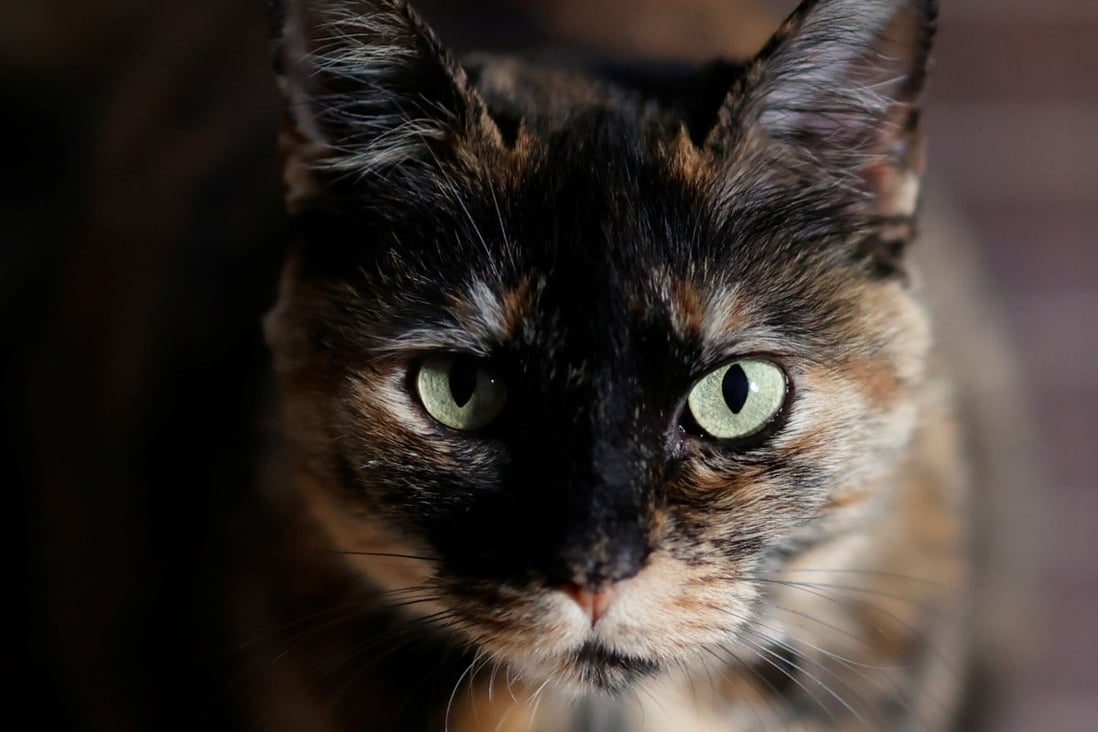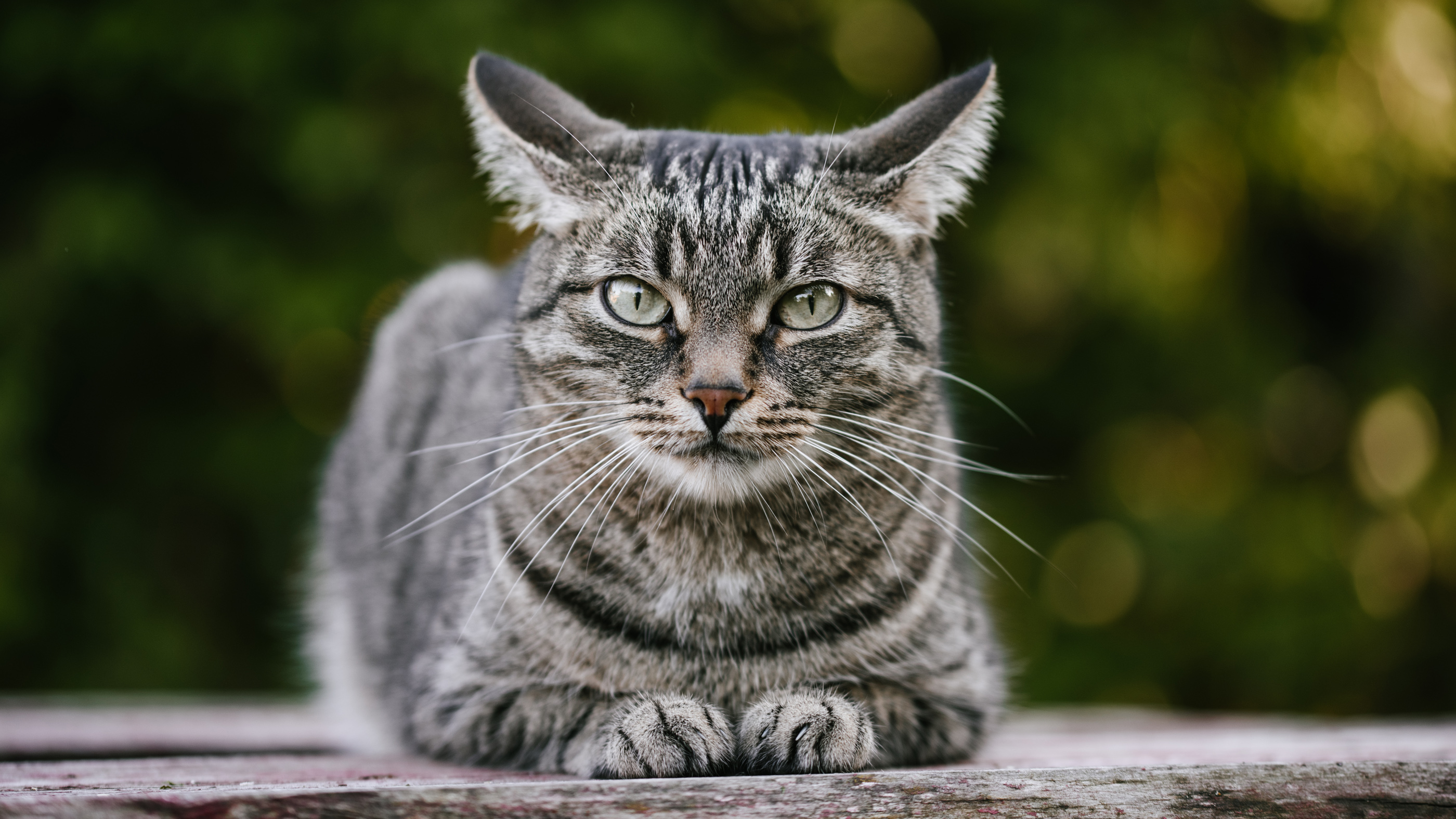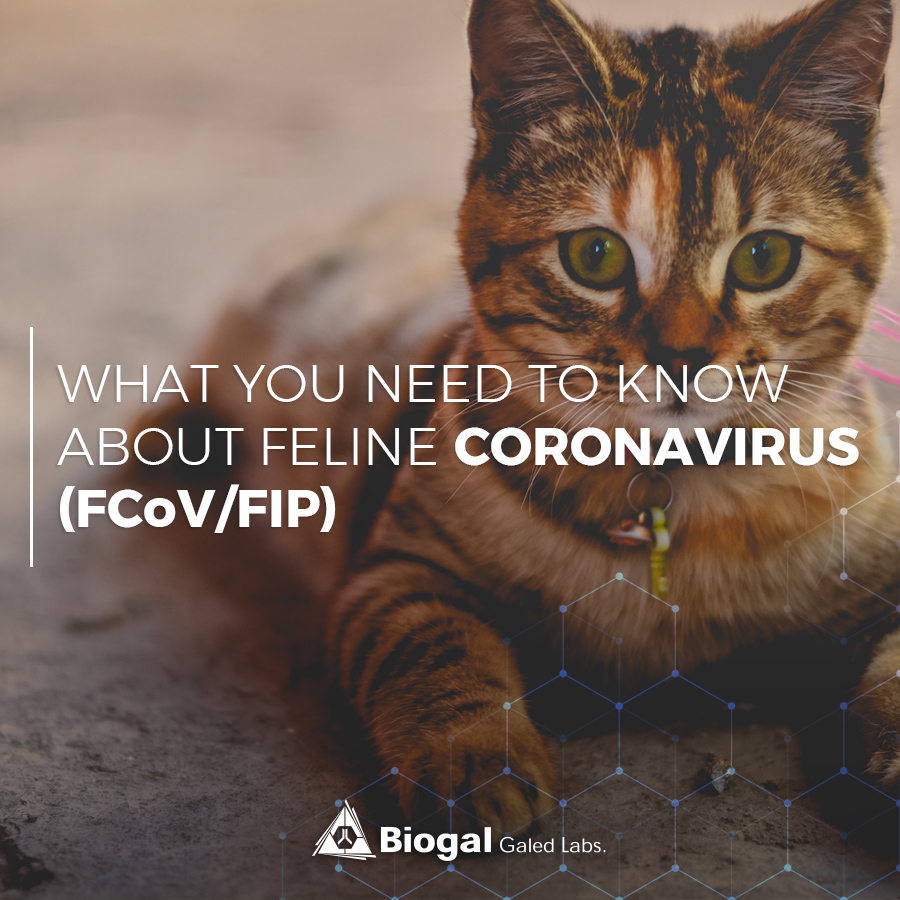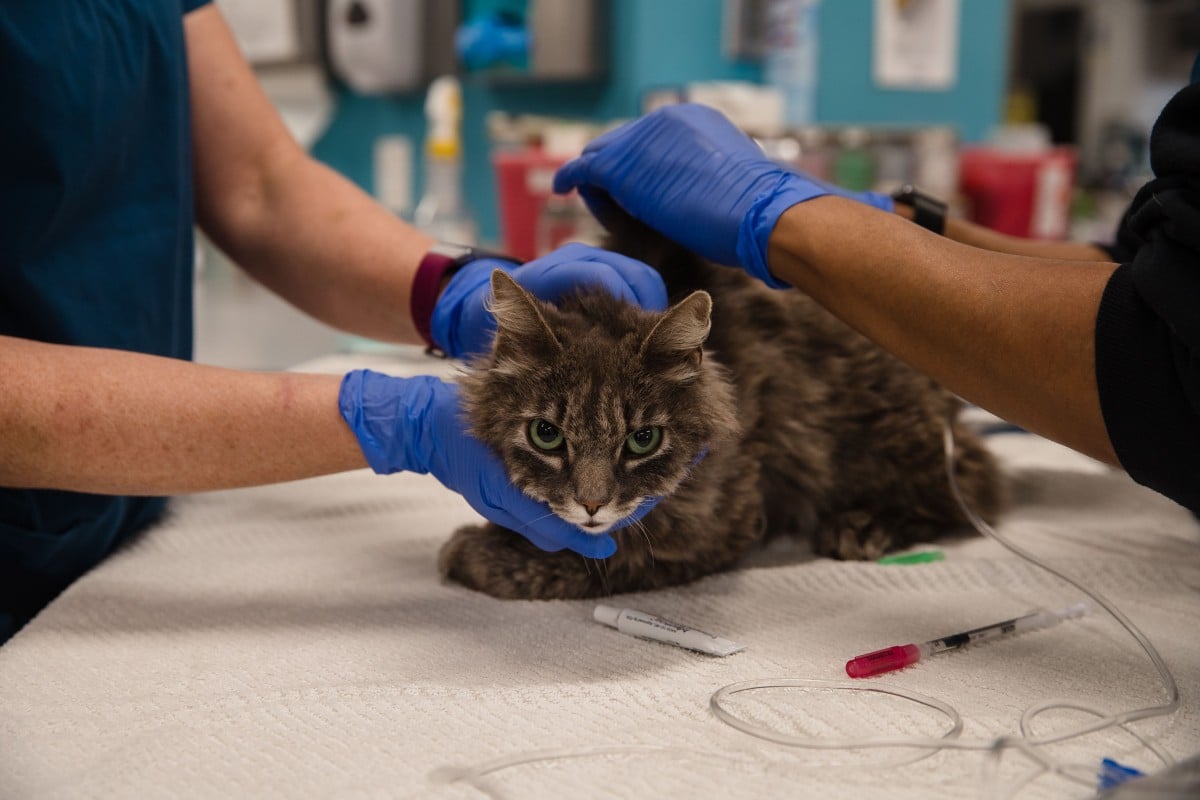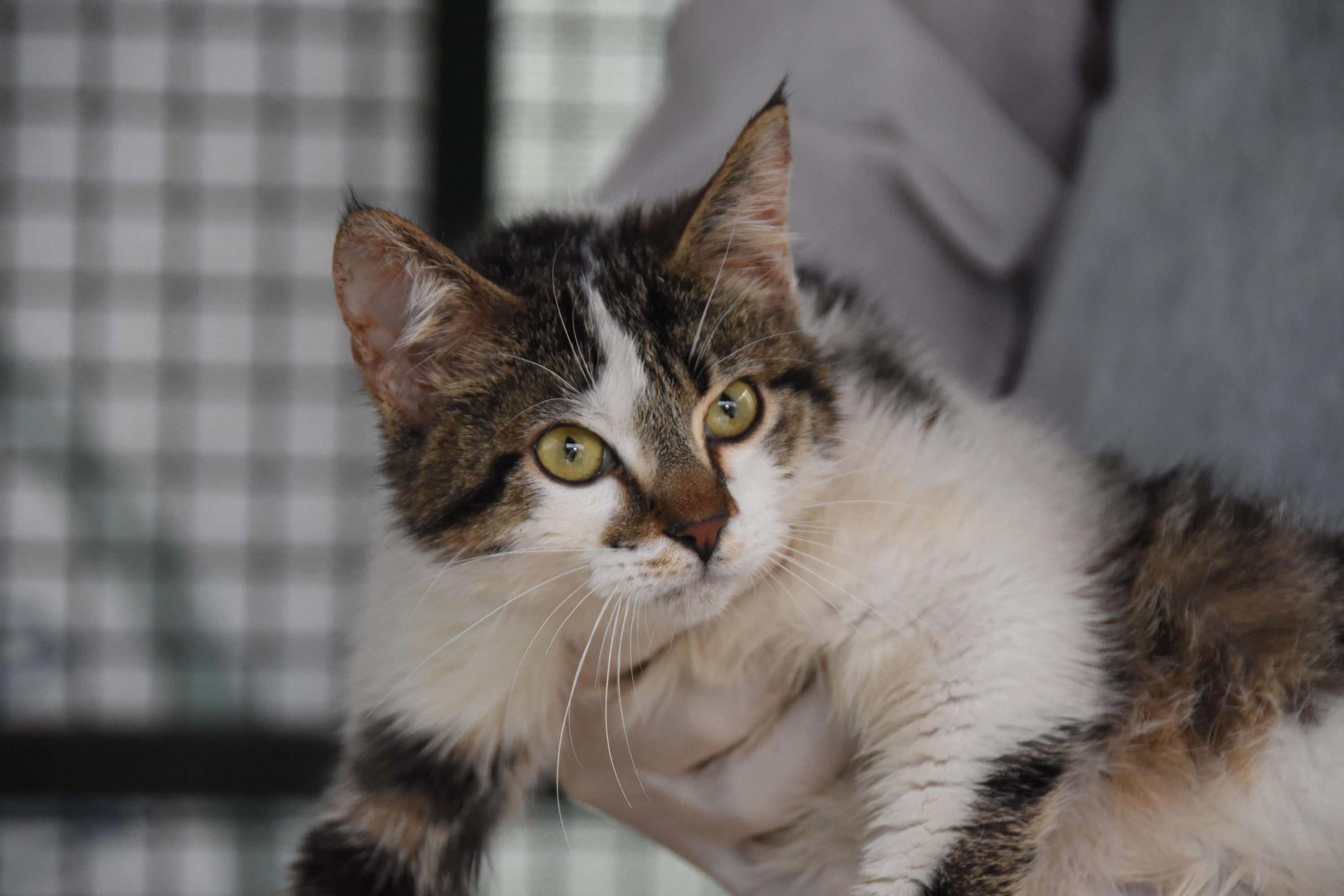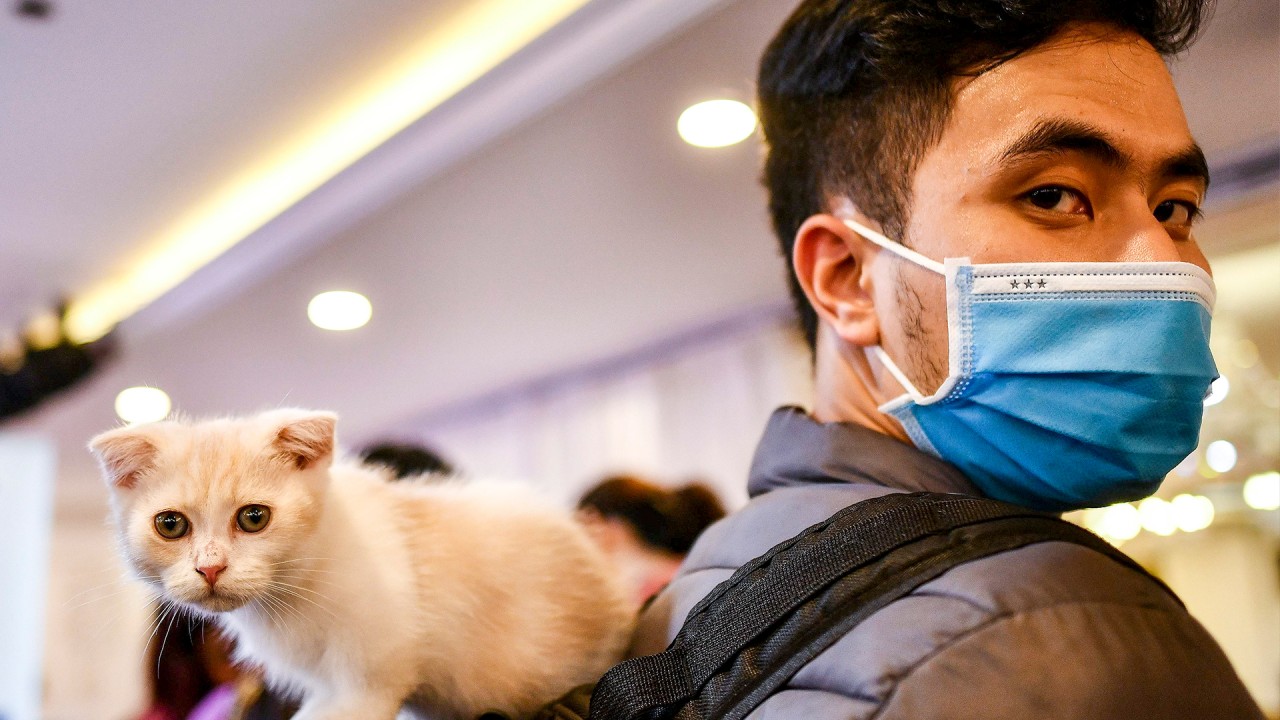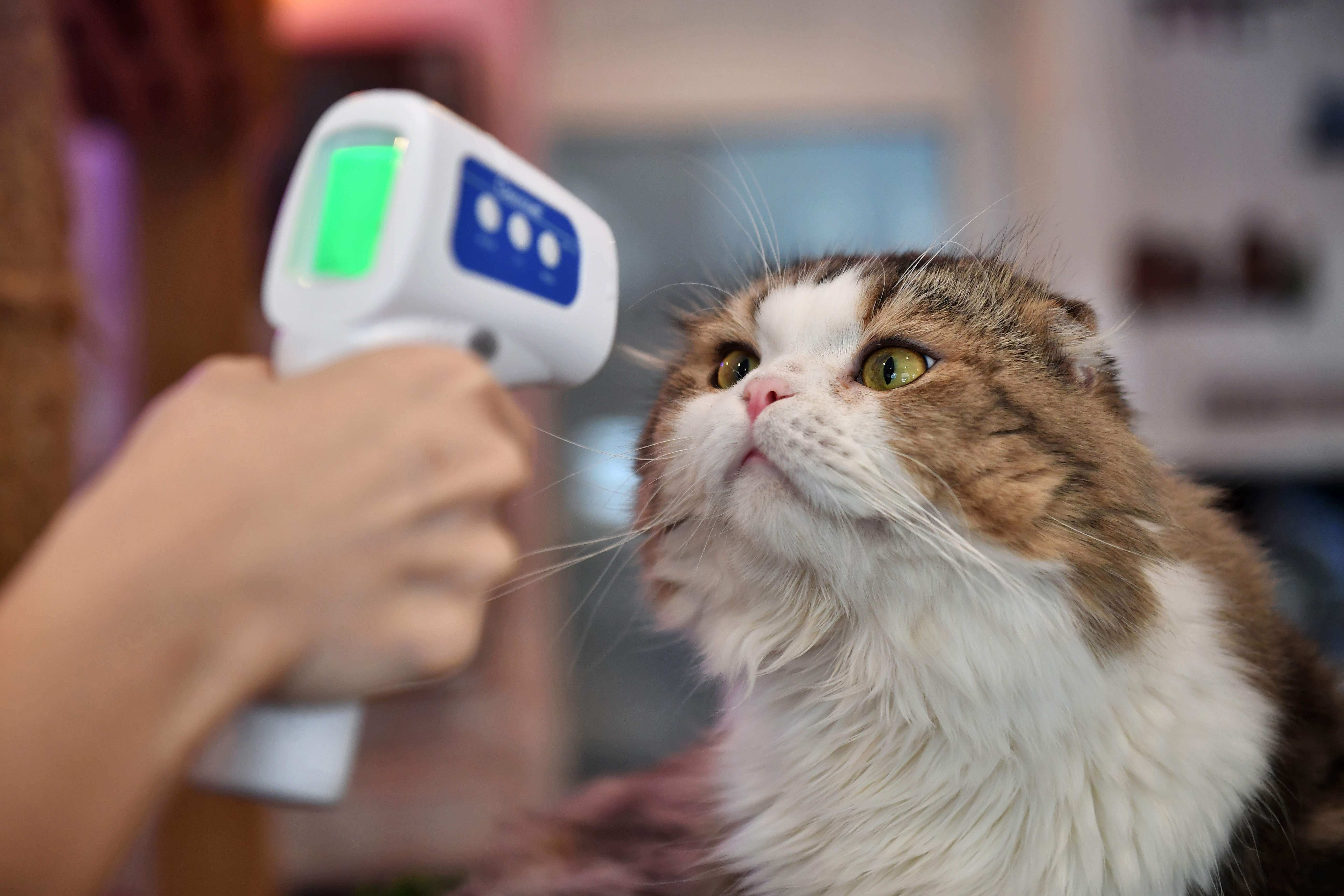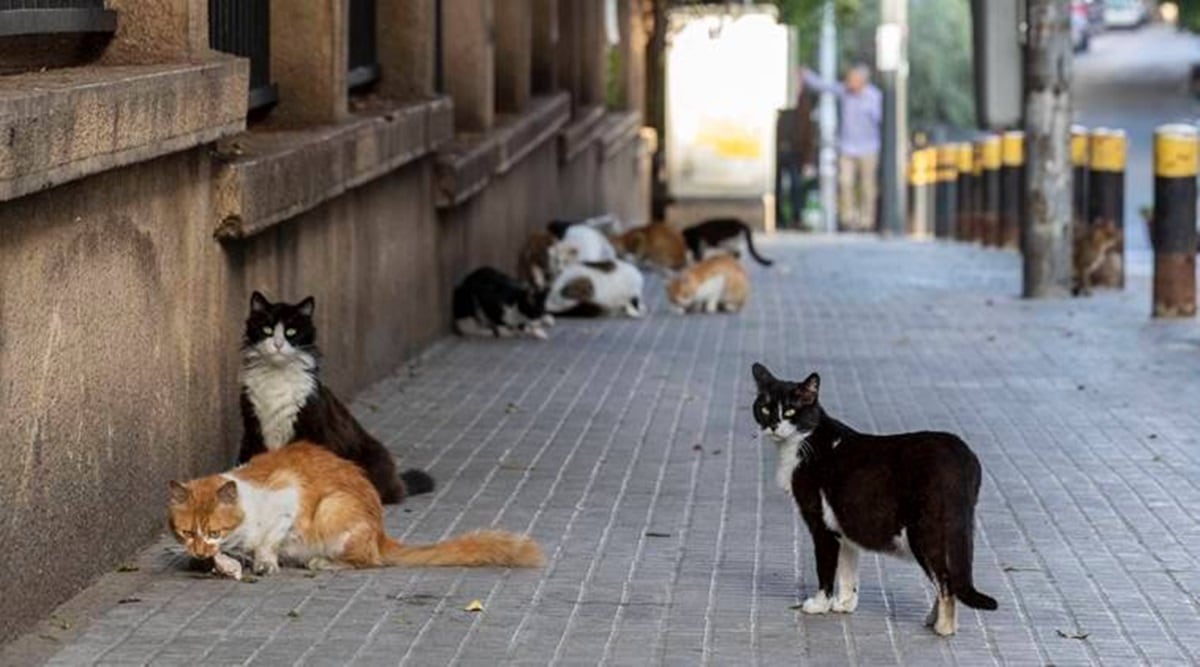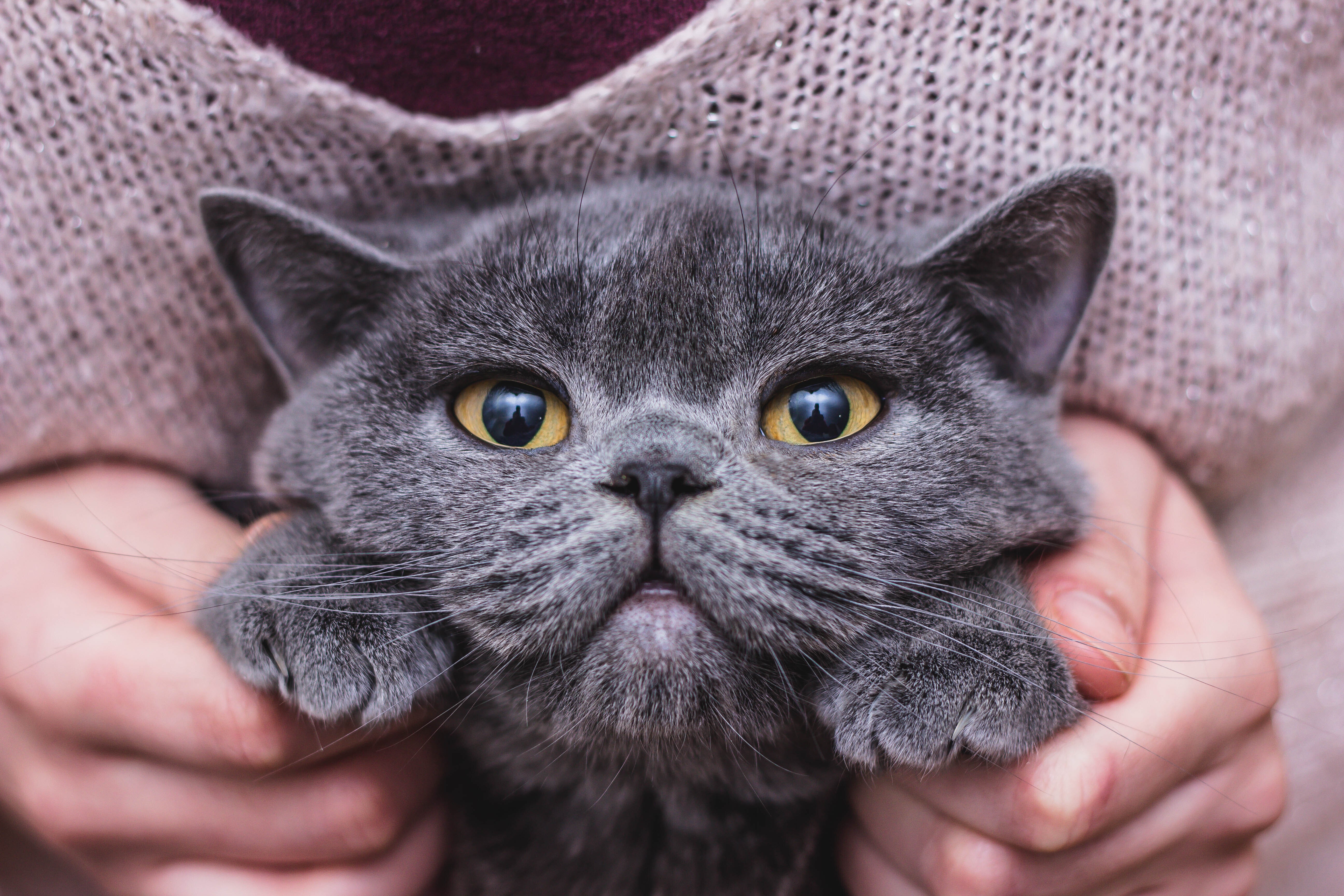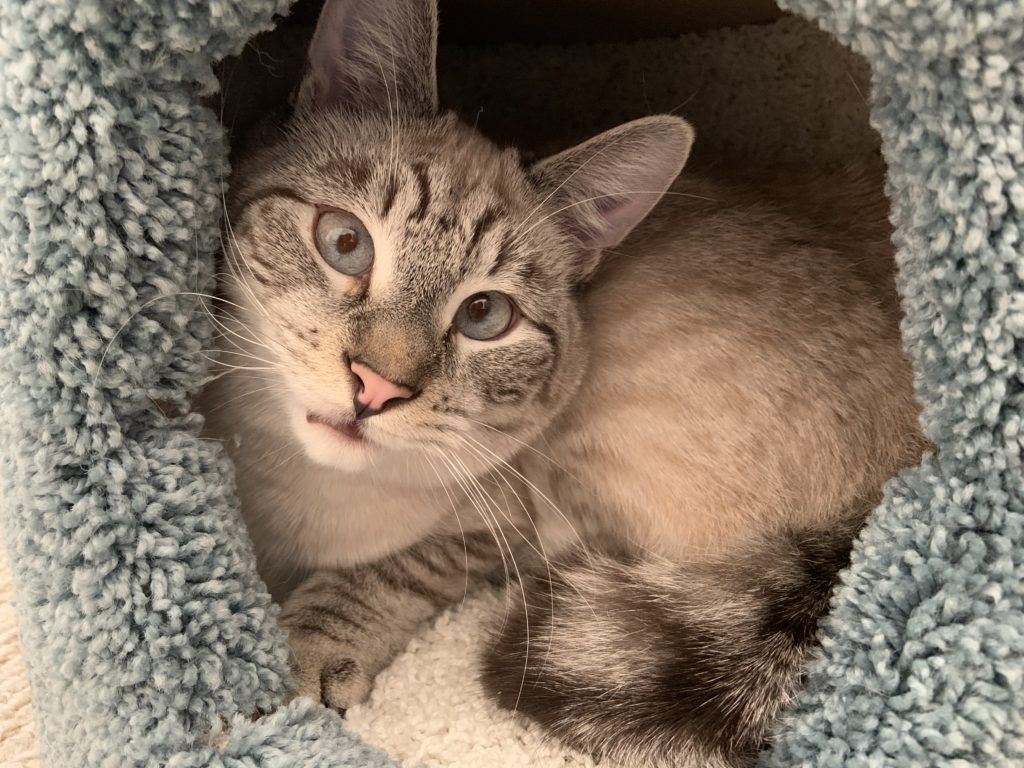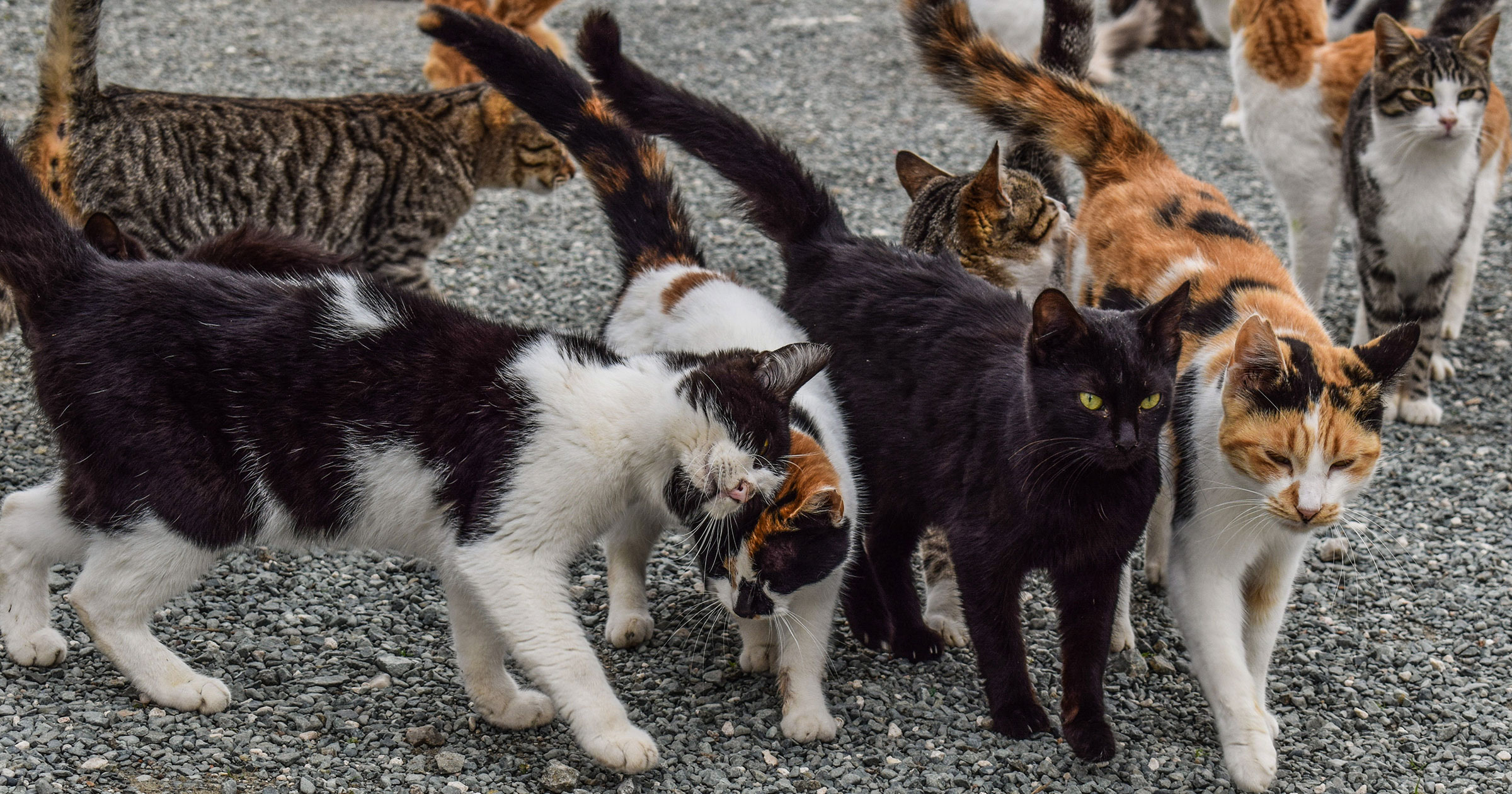Cats And Coronavirus Symptoms
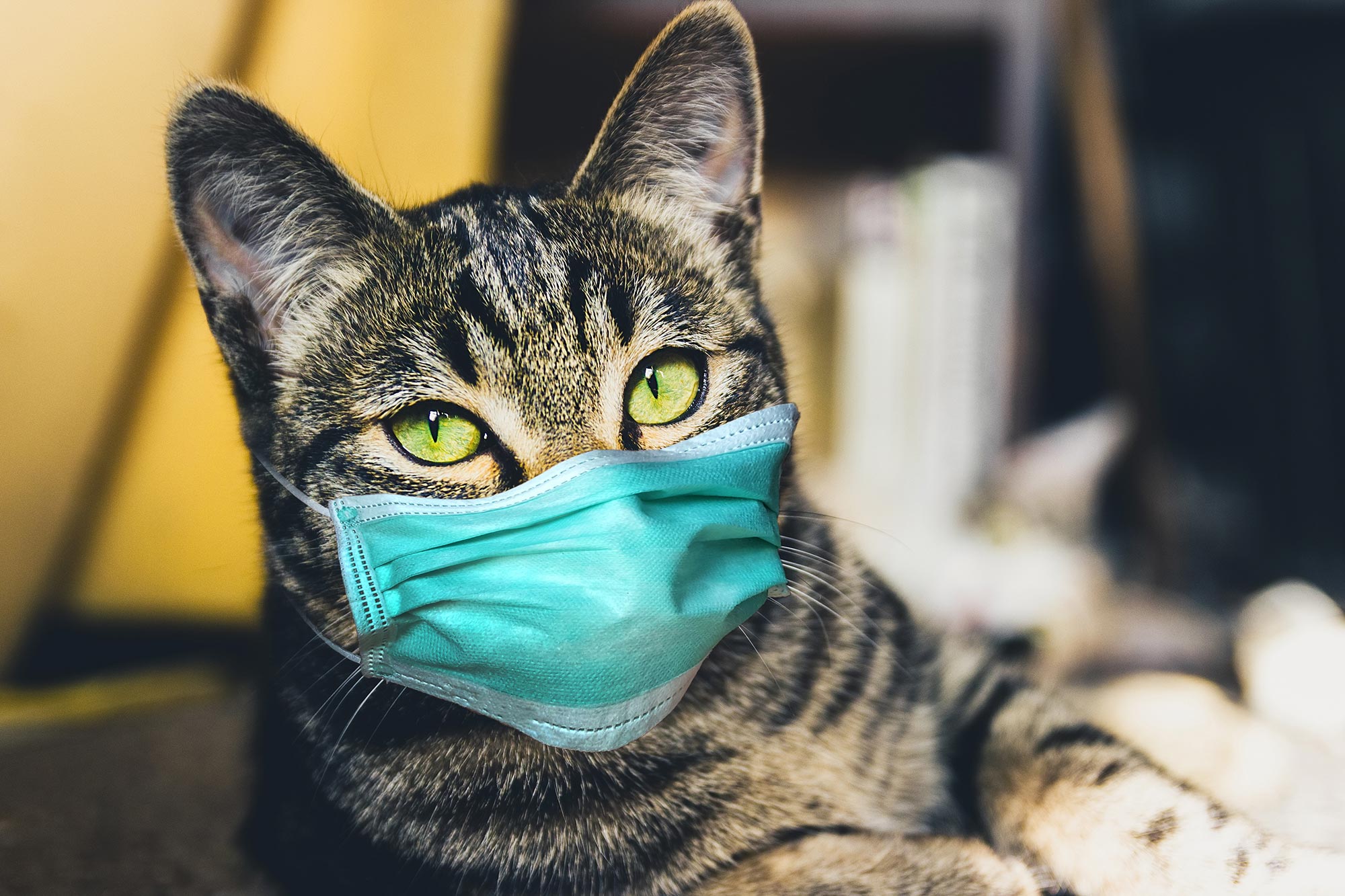
The majority of cases were mild and only 20 percent of dogs and 30 percent of cats had symptoms.
Cats and coronavirus symptoms. Our pets are different from us so its not surprising their coronavirus tests differ too. It is more commonly found in multi-cat households and does not affect. All 11 pets that underwent a second round of tests after another 1 to 3 weeks tested positive for antibodies and 3 cats still were positive for COVID-19.
Not all cats have to be kept indoors. It is extremely rare Veterinarian Lori Teller with the American. In the naturally occurring case of feline COVID-19 from Belgium the cat developed GI and respiratory problems and recovered within nine days.
In the field setting cats have shown clinical signs of disease including respiratory and gastro-intestinal signs. We dont yet know all of the animals that can get infected. If you think you may have coronavirus follow the latest advice found on the NHS website.
What is Feline Coronavirus or FCoV. Of the small number of dogs and cats confirmed to have the virus that causes COVID-19 some didnt show any signs of illness. The most common human symptoms are a high temperature a new continuous cough or a loss or change to your sense of smell or taste.
If youve been diagnosed with are suspected of having or are displaying characteristic symptoms of coronavirus COVID-19 it is advisable to minimise the amount of time your cat spends outdoors unsupervised. Most of these animals became infected after contact with people with COVID-19 including owners caretakers or others who were in close contact. FCoV is a common and contagious virus which is passed in the faeces of cats.
Most infected pets were found to be asymptomatic or displayed mild Covid symptoms. Symptoms but sadly most affected cats have to be euthanased. If possible keep your cat indoors if they are happy to be kept indoors.

